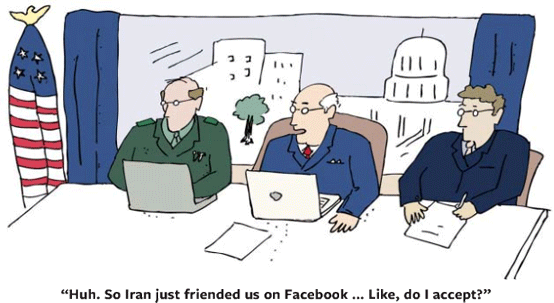
Recently I attended the Politics Online Conference put on by George Washington University’s Institute for Politics, Democracy and the Internet. Although I was only able to sit in on a handful of sessions, there were a number of very useful gems on how you can use social media to further political campaign goals. I’ve focused on the lessons most useful for public diplomacy campaigns.
One of the major themes of the conference is the necessity to create authentic engagement when using social media. Without creating this authenticity, it is much more difficult to influence the intended audience since there is little personal connection with the message. Many lobbyists regularly emphasized that a handful of authentic, personal messages from constituents are more convincing than a mass quantity of relatively anonymous messages. Furthermore, genuine engagement between two parties (in this case politicians and constituents) can help create lasting communities and movements centered around specific causes, even if the engagement is conducted online.
Ideally this authenticity is created through direct personal engagement, a local focus and a tangible result. One example given was a campaign to influence legislation covering local food producers. To highlight the importance of these producers in local constituencies, a lobbyist organization used an online campaign to help local producers deliver care packages of non-perishable goods to their representatives. By using web-based technologies to make the constituent’s concerns tangible, the lobbyists were able to influence the final legislation to greater benefit local producers.
Many of the presenters also cautioned that campaigns can’t simply present themselves as grassroots and authentic, without actually engaging real people in the effort. Web users have gotten increasingly sophisticated and can often easily spot fake campaigns (otherwise known as “astroturfing”, a play on real “grassroots”). If a fake campaign is spotted, the repercussions can be serious and severely damage the credibility of the sponsoring organization.
